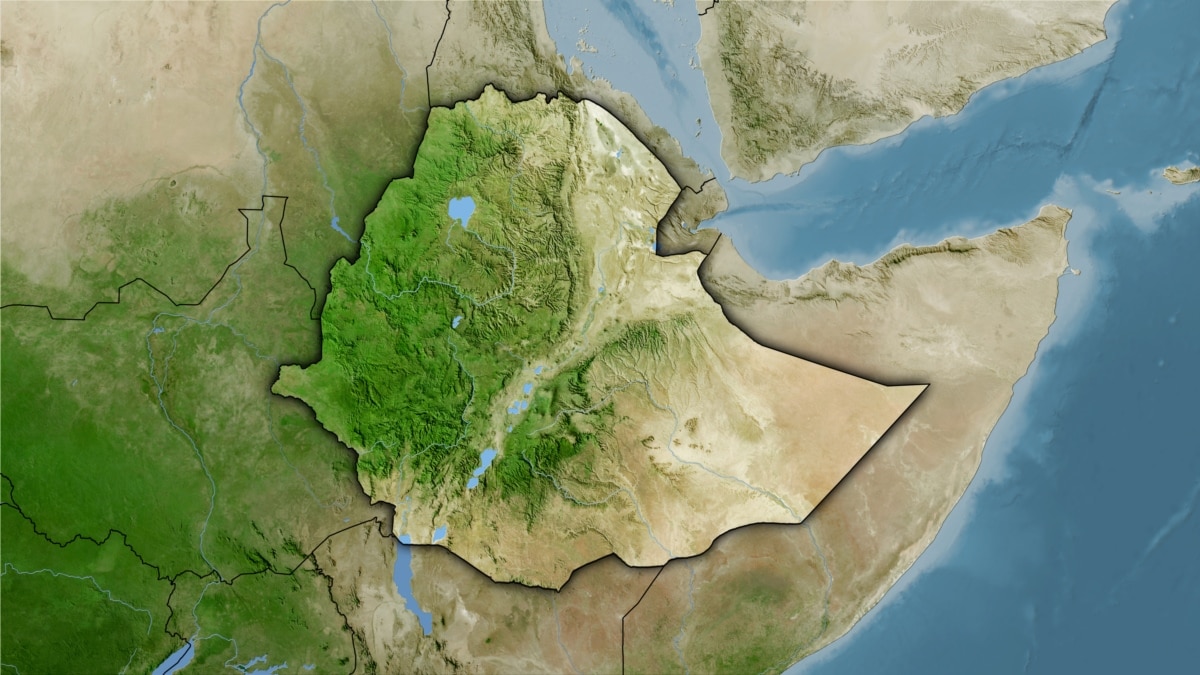“In this campaign, civilians are the main victims. Bombings, executions, rapes and attacks on hospitals and schools – all war crimes that have been documented by organizations such as
@amnesty
and @hrw
.
Liya* and her family live in a remote area, but the violence of the government army has reached here too. They sit on a tree stump in front of their farm, surrounded by birdsong in a green valley.
“Our son was herding the neighbor’s cows early in the morning,” Liya says, her voice breaking. “Suddenly there was a huge bang. I felt something sharp in my leg, and when I came to, I saw our son lying there. Dead.”
The family does not understand why a mortar hit their house. There were no rebels nearby.
Tip of the iceberg
Bombs are falling in gardens, through roofs and on fields throughout Amhara. No one knows how many people have died so far; journalists and independent researchers are not allowed to enter the area.
Estimates range from a few thousand to tens of thousands of civilian deaths. Ethiopian NGOs report that more than 5,000 women have sought medical help after sexual violence, and that is just the tip of the iceberg, they say.
In addition, stories are emerging of entire streets being executed to avenge Fano attacks.
The people of Amhara are crying out for help, but no one is listening. According to Ethiopian researcher Amanuel Gedebo, affiliated with the Clingendael Institute, this is partly a matter of ‘the wrong moment’.
‘The world is busy with wars in Ukraine, Gaza and Sudan. As a result, the conflict in Amhara hardly gets any attention in the international media. In addition, the international community has invested too much politically and economically in the Ethiopian government to openly turn against it.’”
–









